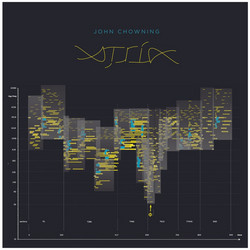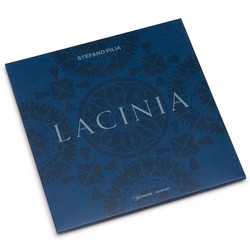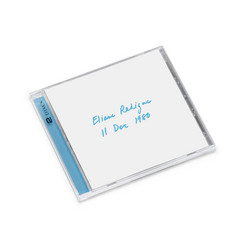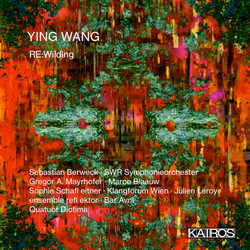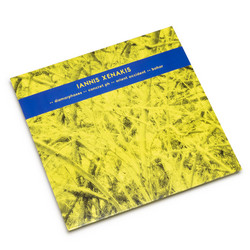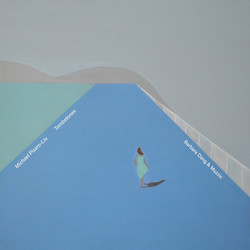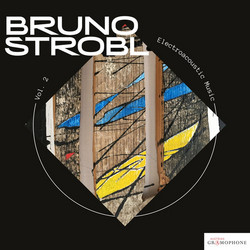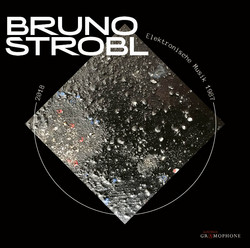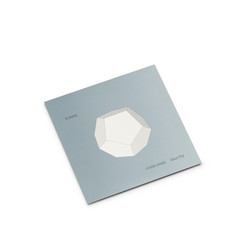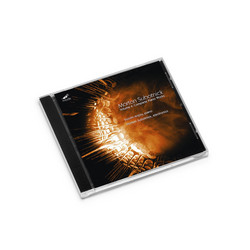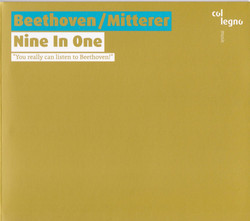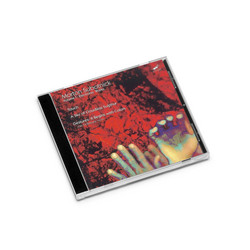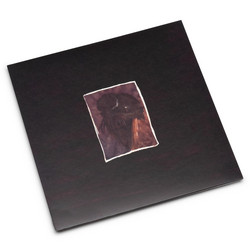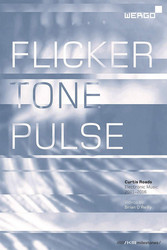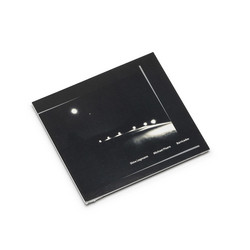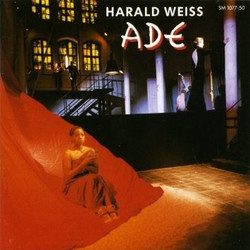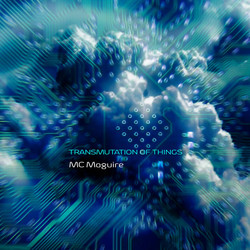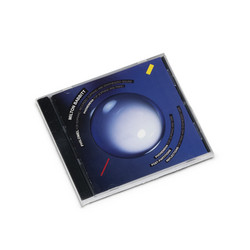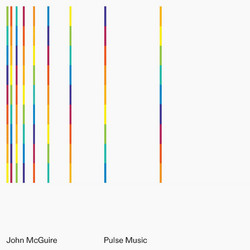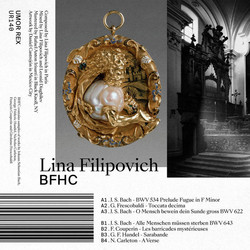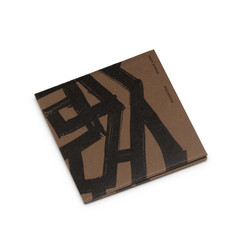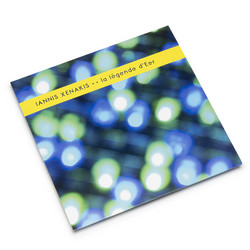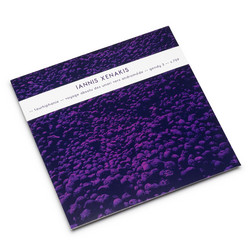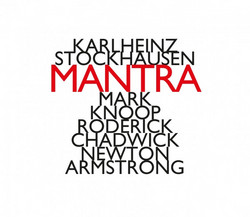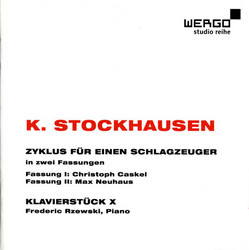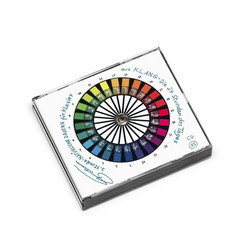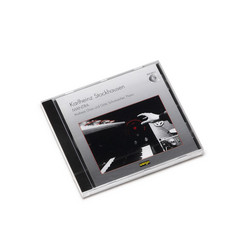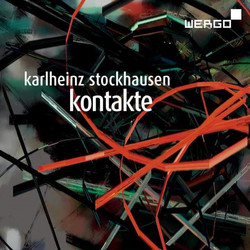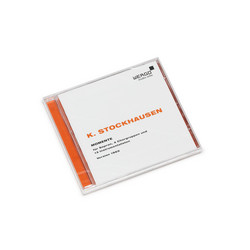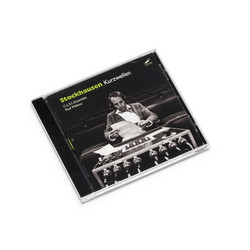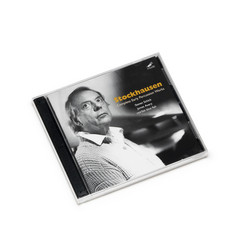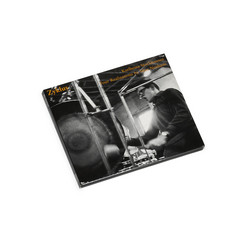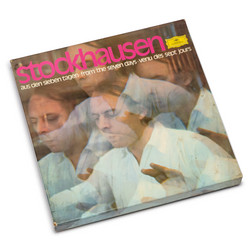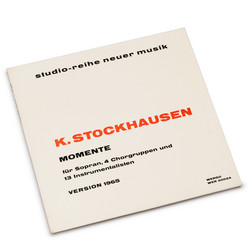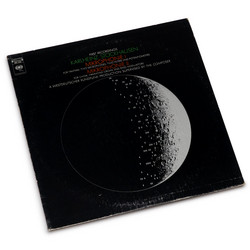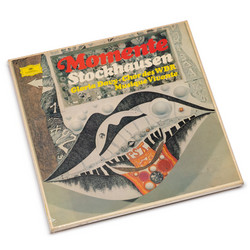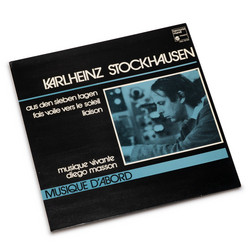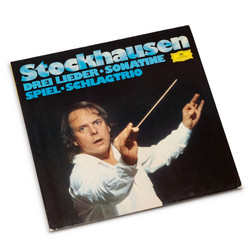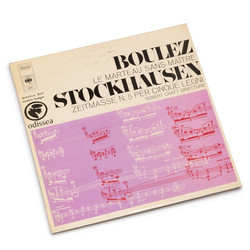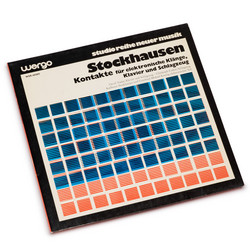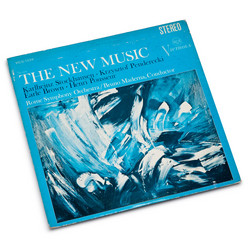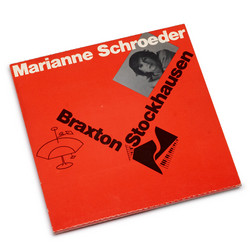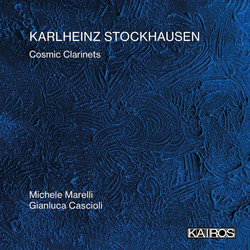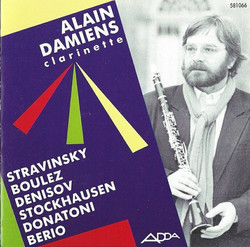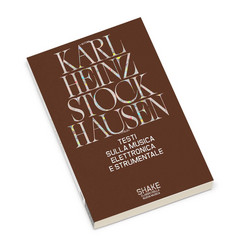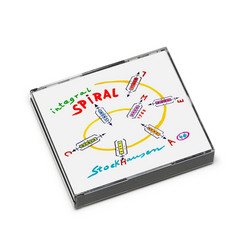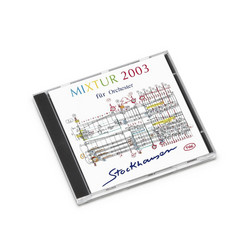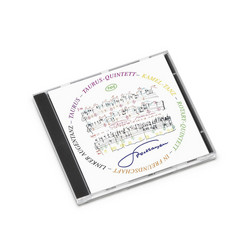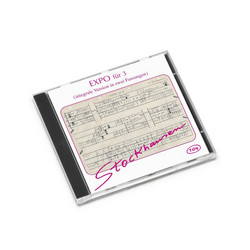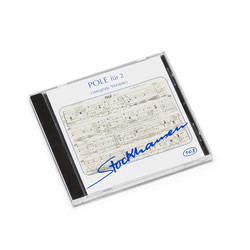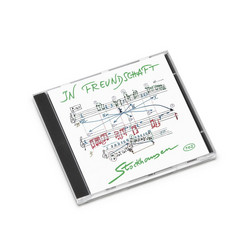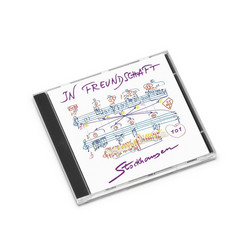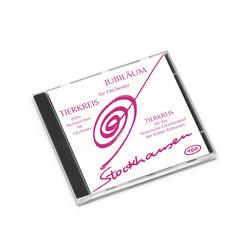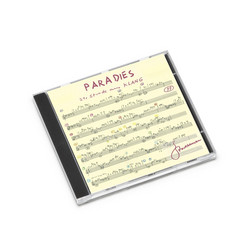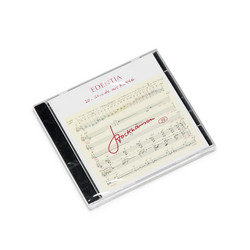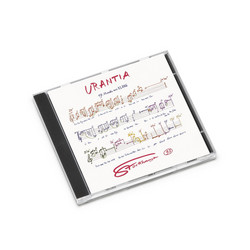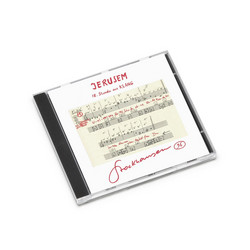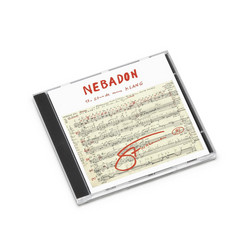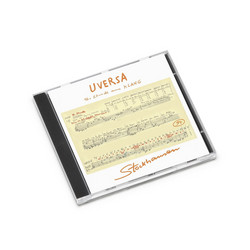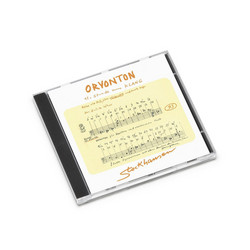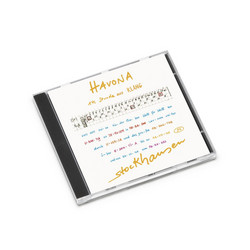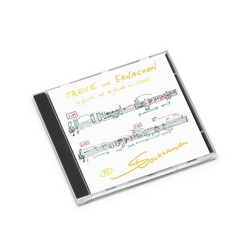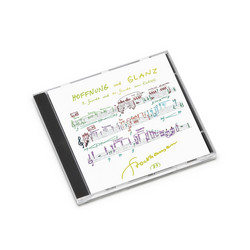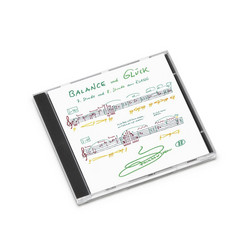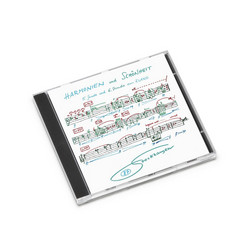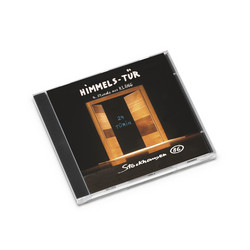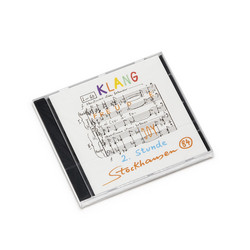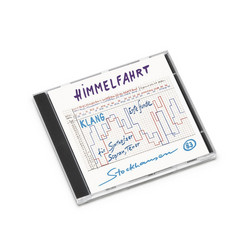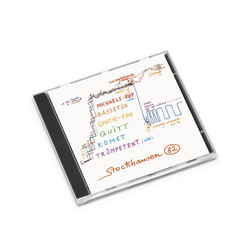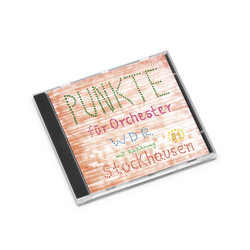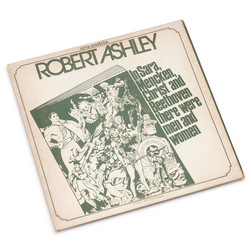Karlheinz Stockhausen
Elektronische Musik Von Sirius (8CD Box)
* 2021 Stock * Packaged in two double CD cases suited in a card slipcase along with a 46 pages booklet that includes texts in german and english. Karlheinz Stockhausen – “Elektronische Musik Von Sirius” Realisation at the Studio for Electronic Music of the West German Radio in Cologne from July 1975 to March 1977 using an EMS Synthi 100 synthesizer.. "In connection with the composition ‘Sternklang’ I closely watched the star constellations in Kürten. From my study as well as from the kitchen my attention focused time and again on the constellation Canis Major and the star Sirius. Without knowing the reason why, I had fantastic visions of being a descendant of Sirius. On 24th January 1974 I gave Julika a dog, which she had wished for so long, and I named him Sirius. Since then my curiosity about Sirius has slowly and steadily grown. I came upon the information about Sirius, the central sun, in Lorber’s ‘Kosmos in gesitiger Schau.’ ”.
Stockhausen goes on to say that during his stay in hospital after being over-worked with the electronic music of “Sirius”, he had a vision that children born during the period 25th July – 5th September – when our sun and Sirius rise together – were beings (musically gifted) from Sirius, traveling on rays of light to get here. A performance of “Sirius” is not easily arrived at, engaging quite specified requirements. You have to build podia, arrange the 16 loudspeakers around the hall; a mixing console - as usual in the middle of the hall –, 4 x 3 spotlights for the soloists and 4 more spotlights directed at the center of the hall for the procession of “Capricorn”. However, the most difficult and also the most important projection is that of a realistic firmament on high! The ideal performing environment in that respect is a planetarium, but the effect can also be achieved, albeit less illusoric, through a perforated aluminum foil arranged with light projectors.
The set-up of the performance area is quite original, with the audience divided, ideally, into 4 sections around the square floor, all facing the middle of the hall, where the mixing console sits. Aisles run in a cross-shape through the hall, and at the four ends of those aisles, by the walls of the hall, the performers are placed up on their podia, which are 160 centimeters high. Left and right of each podium there are loudspeaker stands, 3 meters high, with 2 loudspeakers each, which consequently means that 16 speakers are required." (Excerpt from Ingvar Nordin / Sonoloco extensive review)
